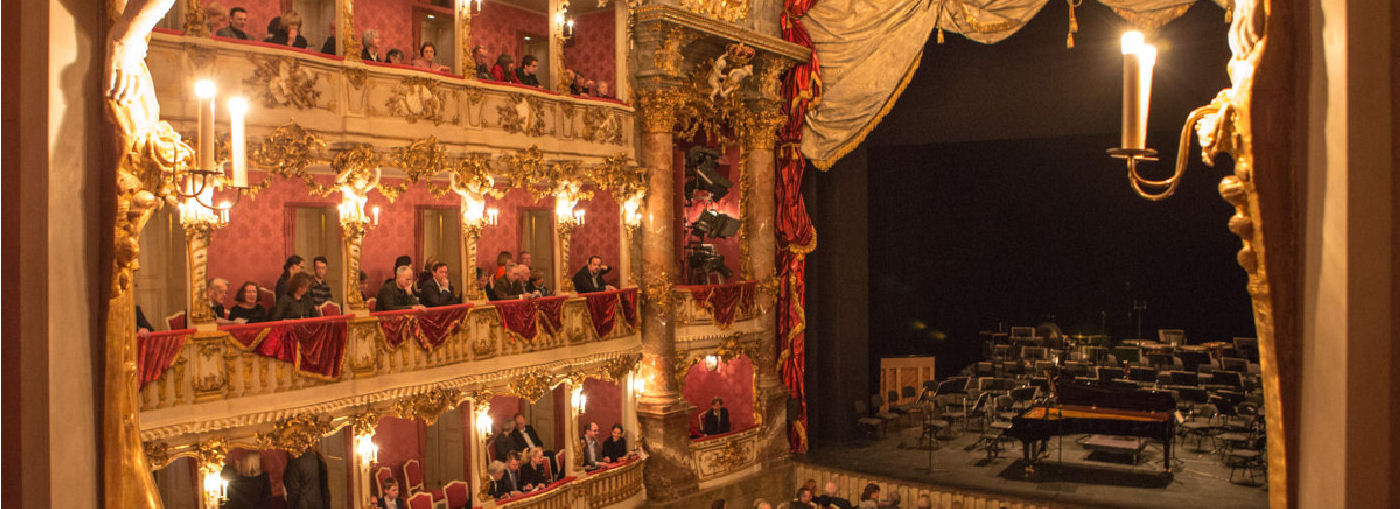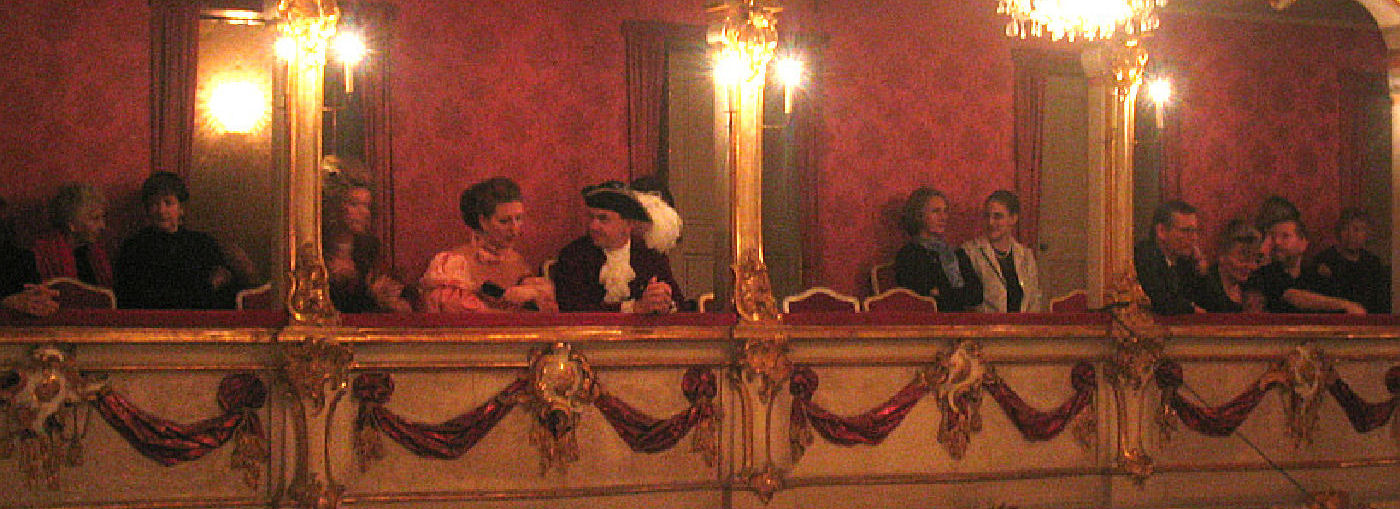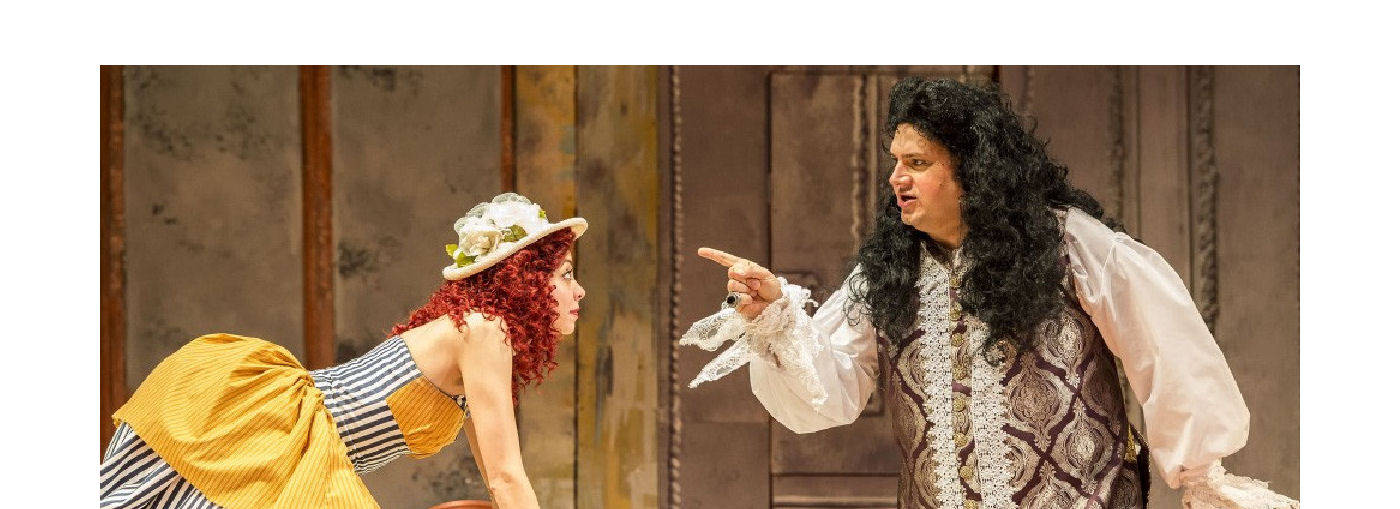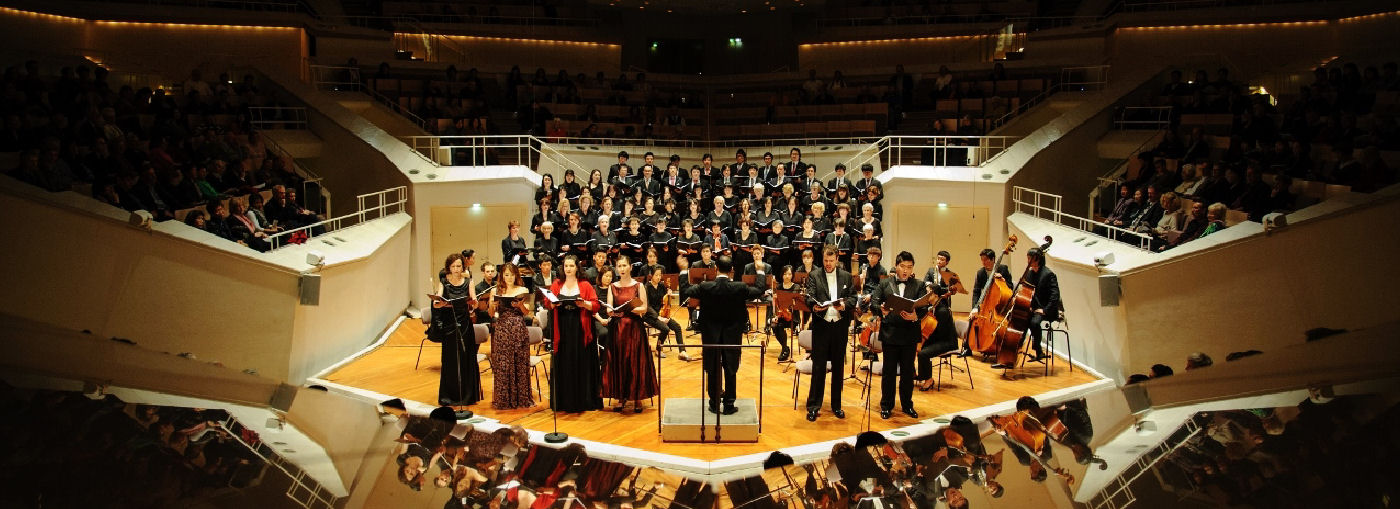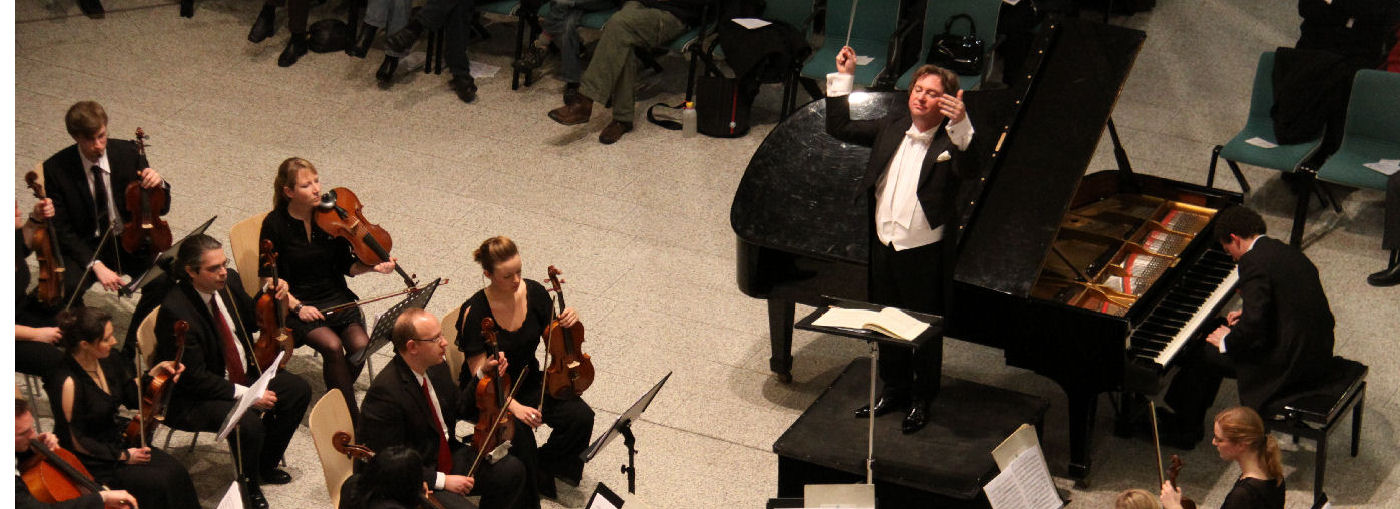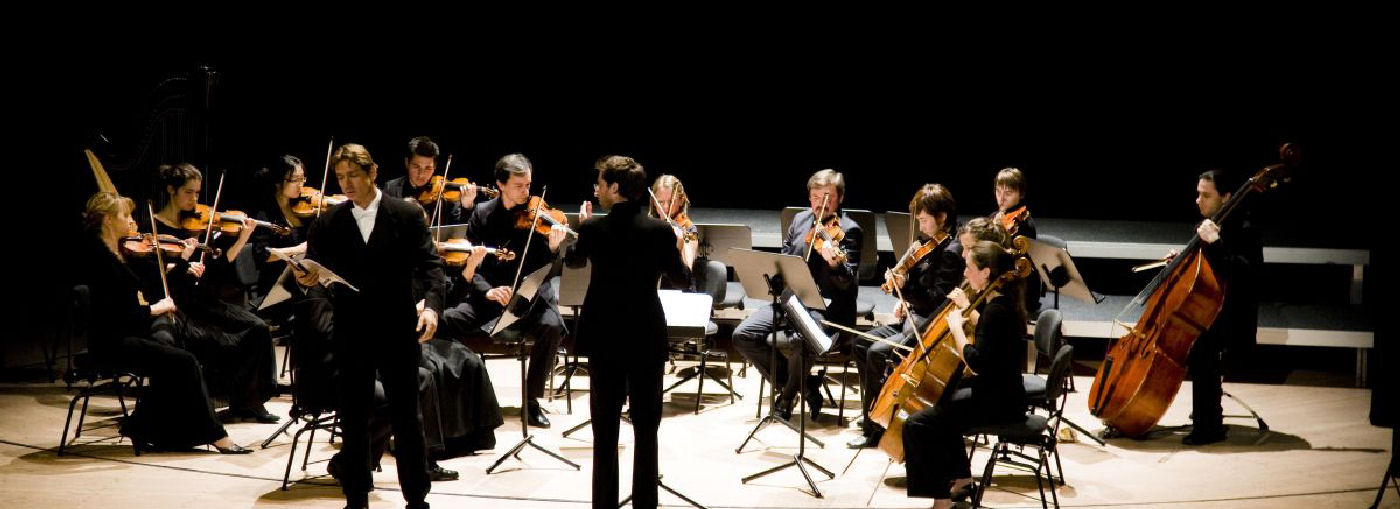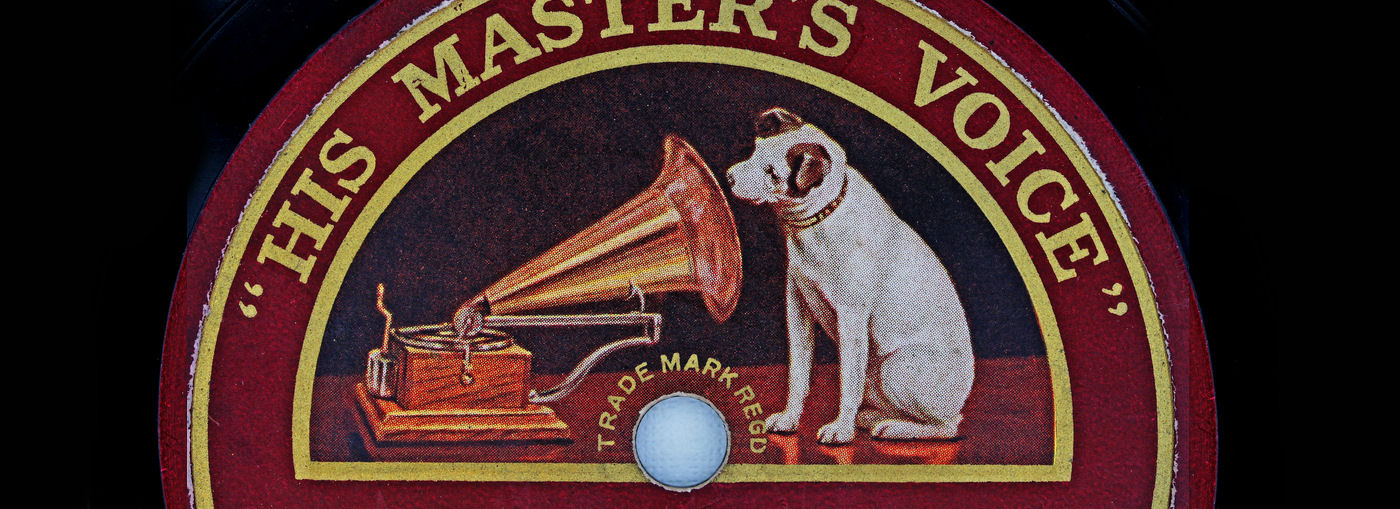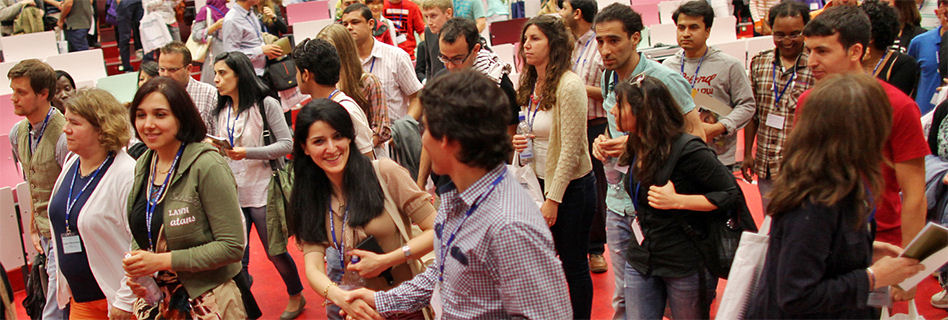1. Why study with Art Song Academy?
Credentials:
- an Art Song Teacher who
- has accumulated 4 years of tutelage exclusively in Art Song at one of the renowned colleges for this genre,
- has accomplished all recital examinations with distinction in front of German Lied professionals,
- was under the tutelage under some of the world's most famed Art Song Teachers,
- has been elected to the prestigious RISING STARS FESTIVAL 2015 in Lied Voice,
- is regularly concertizing at distinguished venues in Germany and in Italy,
- has accumulated over 15 years teaching experience as a University professor,
- can prepare you successfully for the most challenging auditions.
- a visiting Art Song Piano teacher who has won numerous competitions in Europe
- a Teacher in Diction and Speech who
- has German as his mother tongue,
- has received musical education in Gloucestershire/UK and in Vienna,
- has received stage English tuition in England
- A professional music recording facility with modern, leading-edge equipment.
- Access to a genuine Steingraeber grand piano in perfect acoustic condition.
- Connections to esteemed professors able in assisting building a career.

2. The Faculty
| (c) Oliver Röckle |
Ena Maria ALDECOA
 extensive biography extensive biography
comes across as a quiet, unassuming and most affable individual, her modesty concealing her vast professional knowledge and experience as an active musician. Besides English and Tagalog she controls a high degree of fluency in German also singing with immaculate pronunciation in French, Spanish, Italian and Russian. In 2015 she was awarded the prize for Lied-Duo (voice) at the RISING STARS FESTIVAL in Stuttgart.
 Interview with SWR German Radio/TV Interview with SWR German Radio/TV
re Mozart Concert Aria KV119
Artistic Director
voice, piano
|
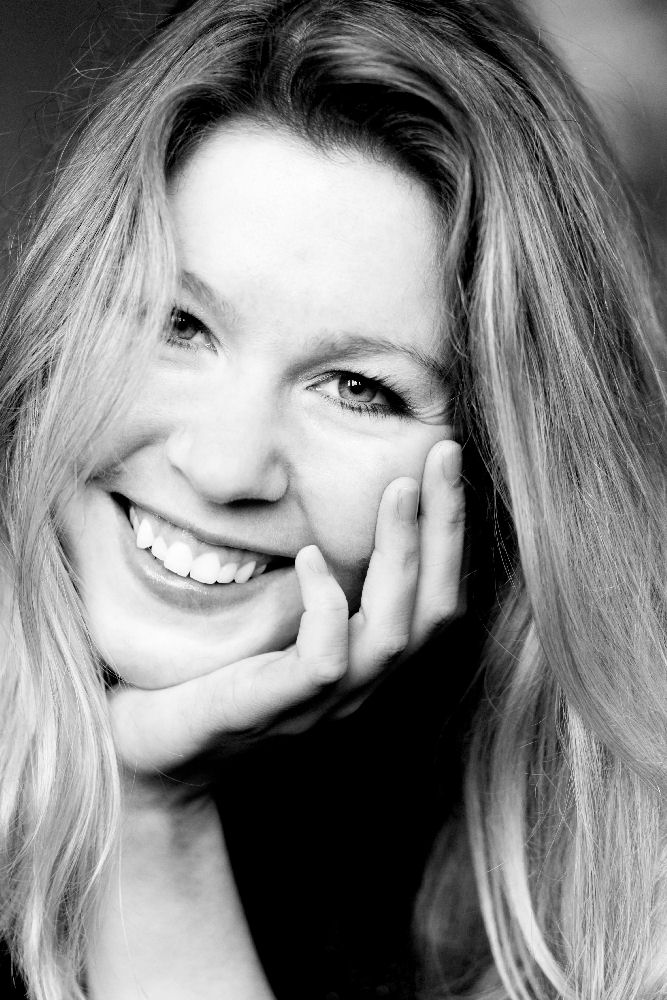
Melania Inés KLUGE
born in 1983 in Buenos Aires she was accepted at the age 13 for precollege with Prof. Olga Rissin-Morenova at the University of Music Karlsruhe, where she commenced her studies in 2003 in “Certified Music Teacher” and “Certified Artistic Education” graduating with honors in 2008. She continued studying Art Song Performance with Prof. Hartmut Höll and Mitsuko Shirai graduating 2013 with honors. Ms. Kluge concertizes regularly and carries a number of performance awards.
 International Competition Graz 2015 "Franz Schubert"
International Competition Graz 2015 "Franz Schubert"
Visiting Postgraduate Lecturer
piano
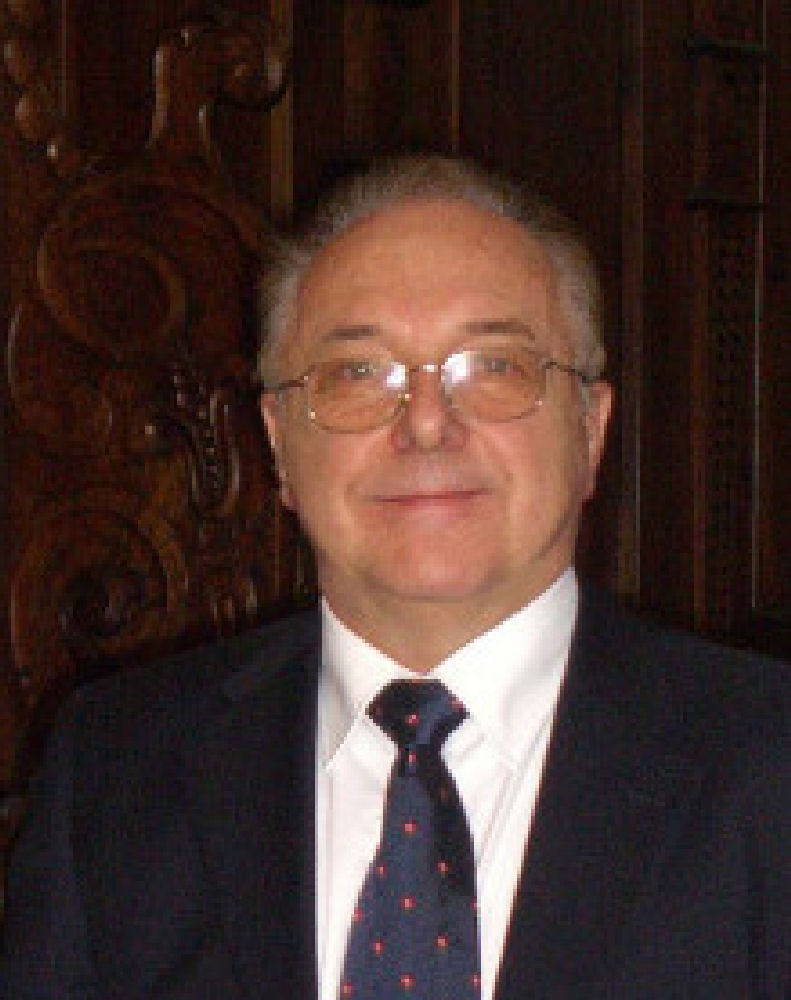
Tom FRINTA PhD
became chorister in Gloucestershire/UK at age 10. With 14 he started learning the contrabass and at 22 the choral conductor
Prof. Ferdinand Grossmann,
(Vienna State Opera, Vienna Boys Choir) brought him to study voice. In 2003 he founded Laureate Concert Group in support of excelling graduates. Since 2005 he is contributing to a research project of artificially aging tone wood for very high quality string instruments.
Managing Director
diction, speech

3. Where to enroll for the Master course after Art Song Academy
There is no rule which country or which Music Colleges will bring forward winners. Also note that some schools have primarily become a commercial enterprise with an illustrious name and a hefty tuition fee. High tuition fees can work both ways, either supporting the University’s image or paying for exceptional teachers. Also even some of the illustrious colleges show thriving as well as not so effective teachers side by side.
Teaching quality is normally good where tuition comes free, because sponsors make sure that their money is well spent. Generalizing one can say that about 80 percent of winning artists originate from just a handful Music Colleges out of hundreds in the USA. In Europe German Colleges stack up quite high with winning artists, but British and French Colleges also show winners regularly. Since most European colleges are subsidized by the government their teaching quality is slightly more predictable.
Check out your future studying environment.
- for OPERA there should be a theater with good prominence to give the student sufficiently challenging stage practice,
| Probably the most important single variable to consider is your teacher. Make sure that both of you have the same chemistry and that you feel you are learning from him. Therefore it is most important to get to know him personally and if possible experience his teaching ability |
Semper Oper, Leipzig |
before embarking on your course. (
 Olena Tokar
, an ICG-applicant of October 2010 won First Prize Voice in the most prestigious German music competition the "ARD-Wettbewerb 2012". Olena was training at Oper Leipzig)
Olena Tokar
, an ICG-applicant of October 2010 won First Prize Voice in the most prestigious German music competition the "ARD-Wettbewerb 2012". Olena was training at Oper Leipzig)
- for STRING PLAYING there should be a strong local tradition of chamber music possibly with a renowned resident chamber music ensemble (check out the fabeled
 Fauré Quartett that is resident in Karlsruhe).
Fauré Quartett that is resident in Karlsruhe).
- for German ART SONG probably one of the most prestigious places to study is with Professor Hartmut Höll and Professor Mitsuko Shirai in Karlsruhe. One could settle for an introductory course abroad, but it is advisable to get tutelage in a German-speaking country for ultimate expertise and exceptional teaching proficiency. (Witness
 Ena Maria Aldecoa and Melania Kluge perform Richard Strauß "Four Last Songs" on a website reserved for some of the greatest sopranos ever recorded).
Ena Maria Aldecoa and Melania Kluge perform Richard Strauß "Four Last Songs" on a website reserved for some of the greatest sopranos ever recorded).

4. The German model
German colleges teach two main segments.
- Music teachers and
- Performers
While music teachers find work in the many music schools in the country supplying a steady flow of music students to the colleges, performers – if exceptional – find employment in the 300 chamber music, theater, symphony, philharmonic orchestras and professional choirs.
Germany has traditionally been very strong in its performance classes, because there can be no successful education of music teachers if performance classes are missing. Teachers as well as students need the right sound entrenched in their ear - something that can only be provided by excellent live performed music. Germany offers the most successful tuition for teachers as well as for performers because the country’s Music Colleges balance their subjects in an ideal way
 (see details).
In the most recent Queen Elizabeth competition (May 2015) two of the six best string players were educated at German Colleges, two in the USA, one in Japan and one in South Korea.
(see details).
In the most recent Queen Elizabeth competition (May 2015) two of the six best string players were educated at German Colleges, two in the USA, one in Japan and one in South Korea.
| Beyond the Bachelor (8 semesters) and Master (4 semesters) some Music Universities offer special supplementary courses to performance students. While performance classes are in Germany already embedded from the start of studies, some Colleges offer after the Master course a pure performance degree called “Solistenexamen” or “Konzertexamen” (4 semesters). |
Schloss Gottesaue, Karlsruhe |
Some offer an optional performance degree called “Ergänzungsstudium” (4 semesters), which if taken must precede the “Solistenexamen”. These programs are designed to boost the talented student by another 8 semesters in performance literature as is the case with the University of Music Karlsruhe. Such tuition support in music literature is hard to rival by any standard.

5. Pathway for studying in Germany
If you intend to study at a music college in Germany it is important to know the requirements. There are several issues that have to be addressed.
- Basic Knowledge Skills of the German language: Although in some instances no language certificates are demanded during enrollment, it is imperative that basic language skills exist since tuition will as a rule be in German. You can attain minimum requirements at the Goethe-Institut (Salcedo Village, Makati).
- Language Level “B2”: Independent use of language (“Can understand the main contents of complex texts on concrete and abstract topics; also understands specialized discussions in his/her own primary area of specialization. Can communicate so spontaneously and fluently that a normal conversation with native speakers is easily possible without a great deal of effort on either side. Can express him/herself on a wide range of topics in a clear and detailed manner, explain his/her position on a current issue and indicate the benefits and drawbacks of various options.”)
- Enrollment: http://www.goethe.de/ins/ph/en/map/lrn/ein.html
- Total levels to pass: A1, A2, B1 and B2: A placement test will allow students with basic language skills to enter at an intermediate level.
- Duration: Required courses are A1, A2, B1 and B2. Each level can be covered in either of two plans.
- Extensive Course: 1 meeting/week, 5 teaching units 45 minutes each (165 units) over an 8-month period.
- Super-intensive Course: 5 meetings/week, 5 teaching units 45 minutes each (165 units) over an 8-week period.
- Cost: The tuition fee for each level is PhP 18,500. Examination fee for “A1” and “A2” is PhP 5,650 each, for “B1” PhP 7,300 and “B2” PhP 8,400.
- Note: Certificates issued by the Goethe-Institut are recognized throughout the world.
- Selection of College of Music: While the variance of minimum performance requirements amongst colleges in Germany is not as wide as in the USA, the level of competence at the end of the studies can vary substantially between the colleges.
- Competence during Audition: Apart from the basic requirements for entering a German college, i.e. successful termination of pre-college, grades will not be appraised. Only the student’s performance during the audition will be judged depending on the performance level expected by the college.
- VISA-Requirements: The German government requires foreign students to hold a valid visa during auditioning and during studies. Applications for VISA must be made personally at the German Embassy in Makati. Depending on the type of VISA this may take anywhere from 2 – 8 weeks.
- VISITOR’s VISA: For auditioning the student needs to hold a visitor’s VISA, which is valid for 3 months starting the day it was issued. Requirements are
- A written invitation by a party living in Germany,
- A round-trip air ticket,
- Financial proof to support oneself during the stay.
- STUDENT’s VISA: This is a VISA granting residency in Germany for the time period of studies. Requirements are
- An Official Confirmation of Acceptance by the College of Music.
- A collateral towards the German Government to vouch in case of damages by the student called “VERPFLICHTUNGSERKLÄRUNG”. This can either be a pledge by a German national or a redeemable deposit to the amount of
€ 10,000.
- A birth certificate authenticated by the National Statistics Office,
- A flight ticket to Germany.
Note that all papers must be submitted in their original. Since the audition and start of semesters are sometimes only 8 weeks apart, this requires extreme attention. Also note that an acceptance by a college is only valid for the next semester. Therefore delayed processing of papers could lead to deprivation of the right to study.
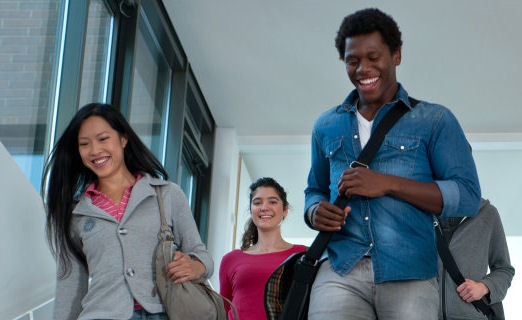
- Tuition Fees: These vary for regular students (as opposed to guest students) between the colleges from €400-1,200 per semester.
- Living Quarters: Because of the extensive demand students are advised to confirm housing well in advance of semester start. Rental costs are approx.
€ 250-300 per month incl. heating.
- Scholarships: Two institutions that are regularly supporting deserving foreign students are
- DAAD (Deutscher Akademischer Austauschdienst). They accept applicants up to the age of 32 years. Here you can find information on various kinds of DAAD funding for foreign students, graduates and postdocs as well as on funding. The website is full of useful information including a database of places to study https://www.daad.de/en/
- KAAD (Katholischer Akademischer Ausländer-Dienst). They have no age limit but require that the student returns to his home country after his studies to pass on his knowledge in his home country. You can apply for a scholarship if you
- have a Bachelor and want to acquire a master's degree or a PhD at a German Music University
- belong to a Christian denomination and
- possess German language skills before starting the studies (KAAD can provide a language course of max. 6 months in Germany). http://www.kaad.de/

6. Foreign students in Germany

7. Philippine aspirants compared to those from neighbouring countries
The chart shows the number of students (all faculties) from East-Asia who study in Germany. It weights each country as to the country’s population.
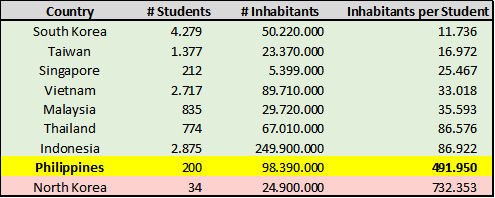
In comparison with South America

In comparison with Africa
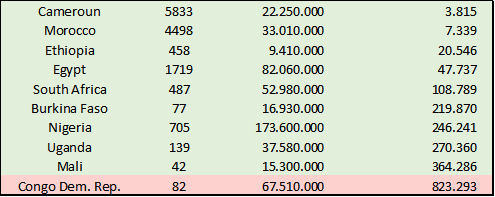
The Philippines shows a notable weakness in its sending capability. Of the emerging and developing countries shown Mali and Uganda are slightly better whereas North Korea and the Congo are marginally worse.
Why?
- The German language cannot be a reason, because none of these countries speak German. Therefore it is equally laborious for all students to study German.
- Are Philippine students less ambitious? There is no evidence to support this.
- DAAD alone sponsors about 40% of all foreign students. Therefore lack of finances ought not to be a problem provided students have a competitive qualification. But exactly here lies the problem. The majority of Philippine colleges do not provide an adequate level of education neither to meet DAAD performance standards nor to master the audition criteria at German colleges.
Music Colleges in the Philippines are mainly staffed and equipped towards training teachers and scholars. Consequently the daunting shortage of performance courses leads to notable deficiencies of perfection in the performing arts. In most cases students must seek refuge in finding tuition privately, if they want to successfully qualify at a Music University in Germany (also refer to Chapter 4 "The German model") or the USA.
Fortunately there are notable exceptions to this alarming development. Some colleges have managed to raise guitar playing to exceptional standard thereby winning international competitions. Also widespread choral singing practice has led many choirs to measure themselves in performance. Especially the Philippine Madrigal Singers and the UP Concert Chorus have brought fame to the country because of their excellence and professionalism, an asset that has mainly been achieved through private means and exceptional personal involvement of its members.
Conclusion: Students should be optimistic about studying in Germany but they are cautioned to prepare themselves extensively. In the end some might even come out to become winners.

8. How to prepare oneself for the audition
Although some students treat an audition as a one-day experience by simply performing what they had selected during the application, this can be very dangerous; in part because competing students should not be underestimated, in part because specific preferences of the jury should not be overlooked. Anybody sincerely wanting to pass his audition must do his homework by knowing their future teacher(s) whom they want to entrust with their studies. Selecting the right teacher is incredibly important, because he is the one who can provide those intangibles that can make the student a success or a failure – provided he has the stature and reputation.
Before settling for a teacher ask yourself the following ten questions:
- With whom did he study the specific genre in which you want to specialize?
- How much concertizing / stage experience does he have?
- Does he concertize regularly?
- What testimonials does he have, by whom and at which venue?
- Has he produced any musicians who made themselves a name?
- Who out of his students did he successfully assist in finding employment?
- Don’t value repertoire in his biography that was not performed live.
- Don’t accept incomplete or vague statements in his biography.
- If necessary spot check his biography for validity.
- Get your honest heart opinion if you really believe in him as your future teacher.
When you are sure with whom you want to study get some teaching experience with him, after all you will be spending several semesters together. On this occasion ask him on his opinion what he thinks of you as an embarking artist and get his advice what you should perform during your audition.



